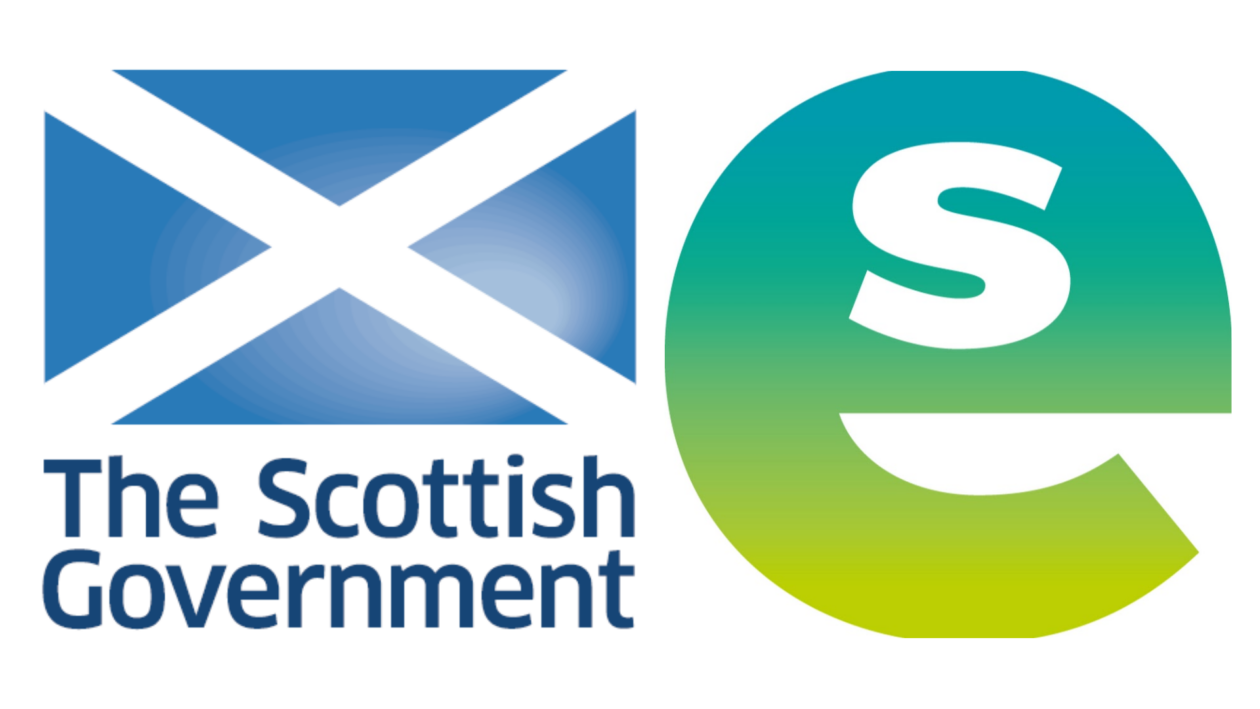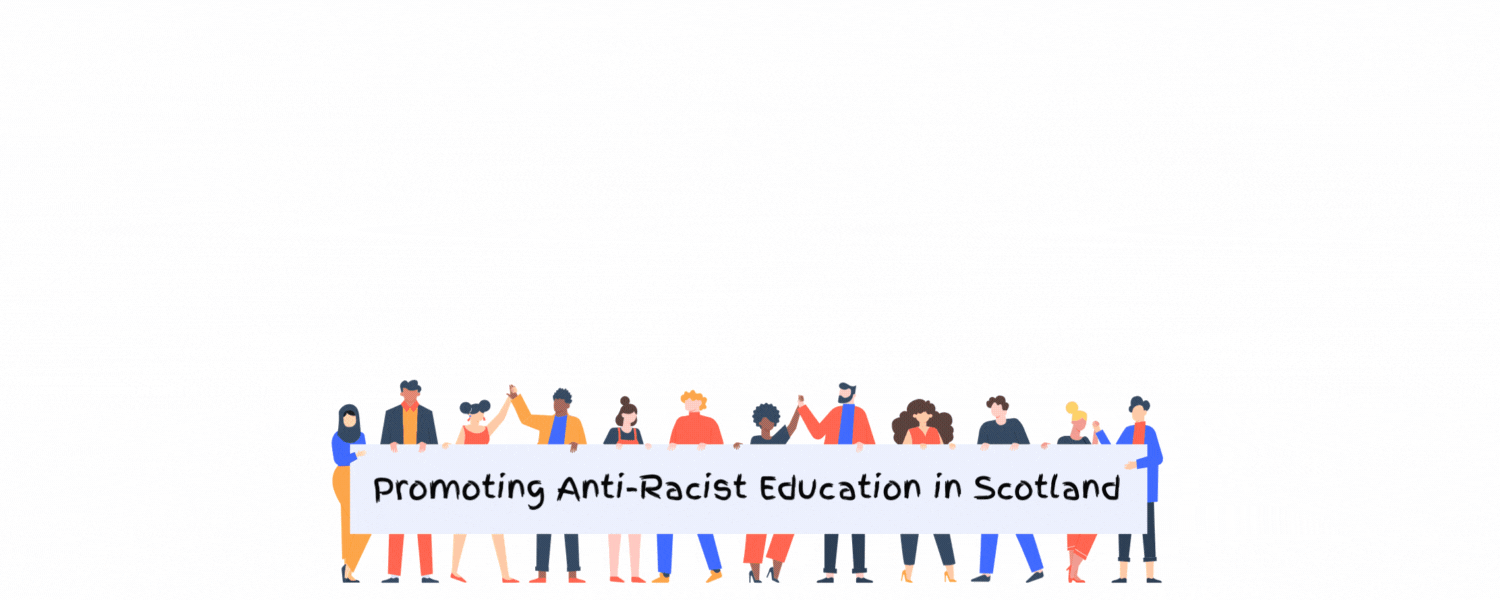Activities, tasks, games, problems and examples used within mathematics should reflect the multicultural nature of Scottish society without enhancing stereotypes. Representations of people engaged in mathematics should always reflect a broad range of people from different backgrounds. Mathematics can also be used to investigate issues of social injustice and racism.
| Third/Fourth Level
|
|
| Experiences and Outcomes | Possible Activities |
| I have worked with others to research a famous mathematician and the work they are known for, or investigated a mathematical topic, and have prepared and delivered a short presentation. MTH 3-12a
I have discussed the importance of mathematics in the real world, investigated the mathematical skills required for different career paths and delivered, with others, a presentation on how mathematics can be applied in the workplace. MTH 4-12a |
Research one or some of the following:
Research the history of Arabic numerals and reflect on why the history of our number system isn’t widely shared. Investigate one or some of the above and either the impact their work has had on society or the role of mathematics within their chosen career path. Investigate the mathematical skills required for a range of careers, including those in STEM subjects. |
| I can work collaboratively, making appropriate use of technology, to source information presented in a range of ways, interpret what it conveys and discuss whether I believe the information to be robust, vague or misleading. MNU 3-20a
When analysing information or collecting data of my own, I can use my understanding of how bias may arise and how sample size can affect precision, to ensure that the data allows for fair conclusions to be drawn. MTH 3-20b I can evaluate and interpret raw and graphical data using a variety of methods, comment on relationships I observe within the data and communicate my findings to others. MNU 4-20a In order to compare numerical information in reallife contexts, I can find the mean, median, mode and range of sets of numbers, decide which type of average is most appropriate to use and discuss how using an alternative type of average could be misleading. MTH 4-20b |
Carry out comparative studies measuring inequality across different area or countries. Could use the Gini Coefficient or Palma Ratio to support this. Learners could study/create scatter graphs of developmental indicators such as life expectancy, wages, income, displacement, etc. Sensitivity should be taken over context.
Explore statistics and the ways mathematics is used to analyse current social, economic and political issues, see social subjects for an interdisciplinary approach. Investigate how statistics can be interpreted in a variety of ways for different audiences and discuss how this links to misleading interpretations. Learners could identify social issues (e.g. racial disparities in unemployment) and work on projects that challenge them to come up with just, mathematically-sound solutions to the problems that they identify. Learners could research and partner with local organisations to make the projects more relevant and meaningful. See radicalmath.org Scot Dec’s Issues to Action resource on Maths and Global Citizenship has an array of idea to support the exploration of global issues within maths and numeracy. |


